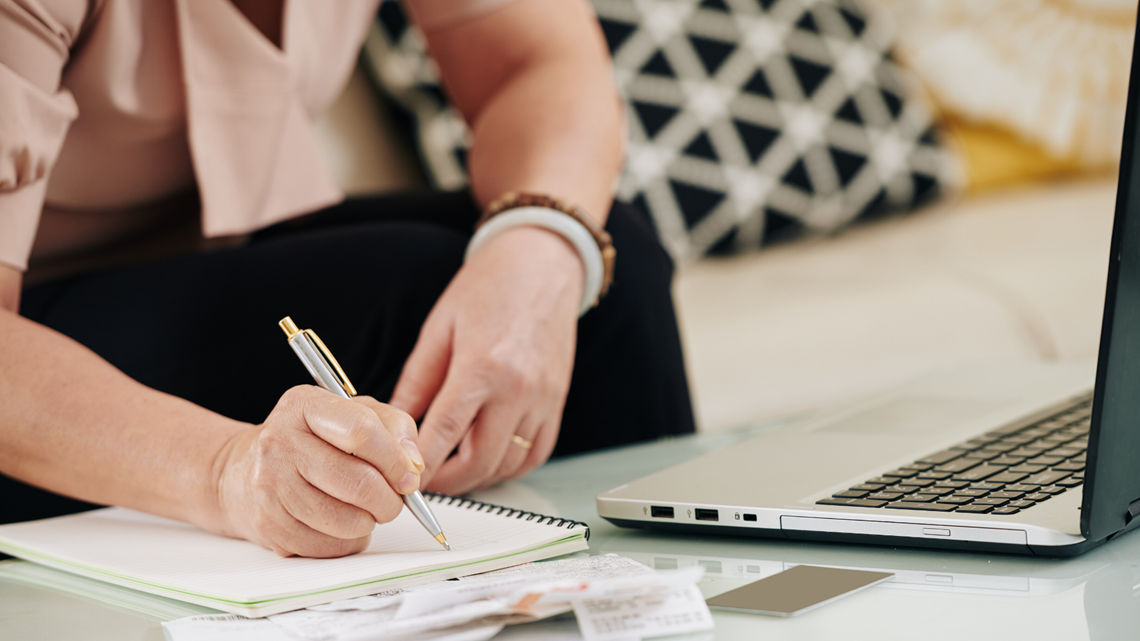The following information was originally published by the B.C. government. Full details and any updates on the rebate program can be found here.
The B.C. Government announced the temporary provincial sales tax (PST) program “B.C. PST Rebate on Select Machinery and Equipment” to help corporations recover from the financial impacts of COVID-19.
The rebate acts like a refund but is separate from the existing PST Refund process. Under this temporary program, corporations can apply to receive an amount equal to the PST they paid between September 17, 2020, to March 31, 2022, on qualifying machinery and equipment.
Eligible entities have until September 30, 2022, to apply.
Who can apply
All incorporated businesses except the following are eligible to apply:
- Crown corporations (federal or provincial)
- Local government corporations
- Charities, non-profit corporations, and not-for-profit corporations (except incorporated businesses wholly or partly owned by charities, non-profit corporations, and not-for-profit corporations)
- Schools, school boards, and universities - including business, trade, and vocational schools
- Hospitals
- Regional health boards and community health councils designated under the Health Authorities Act
- Agents of the government and of the other entities listed above, to the extent that the PST is paid in their capacity as an agent
- Unincorporated entities, such as sole proprietors, cannot apply. However, they can choose to incorporate to take advantage of this program. Only machinery and equipment obtained after incorporation are eligible.
Corporate partners in partnerships can apply for the amount of PST they paid on their proportional ownership of machinery and equipment in the partnership. Non-corporate partners of partnerships cannot apply.
For more information, visit Who Can Claim a Refund
Qualifying machinery and equipment
The rebate applies to PST paid between September 17, 2020, and March 31, 2022, on qualifying machinery and equipment that are considered capital assets. Generally, this means the asset is capitalized for accounting purposes (for example, is subject to depreciation).
For simplicity, Income Tax Act (Canada) capital cost allowance (CCA) class definitions already familiar to incorporated businesses are used to establish which types of capital assets qualify for the rebate.
PST paid on leases (both capital or operating leases) of qualifying machinery and equipment also qualifies.
General qualifications
Most non-consumable goods used in a business qualify for the rebate.
To qualify, the goods must be:
- described by the definitions found in Schedule II to the federal Income Tax Regulations, as they read on September 1, 2020, for CCA classes 8, 10, 12, 16, 38, 43, 43.1, 43.2, 46, 50, 53, 54, and 55
- not listed as ineligible (see list below)
The goods must also be:
1. obtained substantially (more than 90%) for the purpose of gaining or producing income;
2. purchased or leased in B.C., brought into or received in B.C., brought into B.C. for temporary use, received from a related company, or received as a taxable gift; and
3. in the case of software taxed under Part 4 of the Provincial Sales Tax Act (PSTA), purchased for use on or with a device ordinarily situated in B.C.
Transition rules may exclude certain transactions from eligibility even where PST is paid during the qualifying period of September 17, 2020, to March 31, 2022. See list below.




